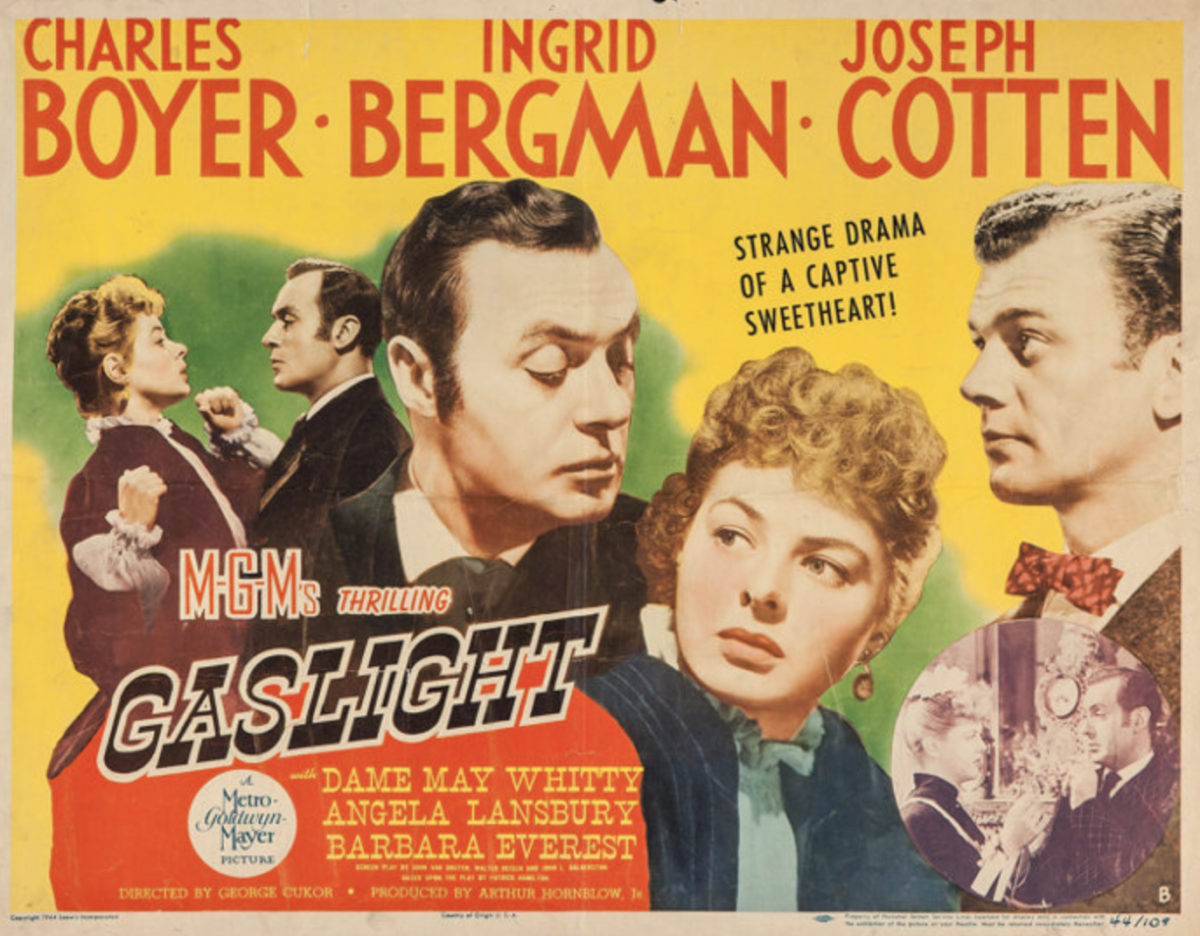-

Naming Right: A Chance to Fix a Mistake by the Lake
•
Cleveland’s major league baseball team, known for decades as the Indians, struck out by taking the name the Guardians. It’s hard to think of a blander moniker, especially for a gritty city like Cleveland with such a great baseball tradition. Seriously, the name was inspired by a statue on a bridge that no one…
-

How Donald Trump’s Rhetoric Jazzes His Base … And Splits the Nation
•
Growing up in Detroit and northern California, Jennifer Mercieca used to watch the TV news with her father. Her dad, an autoworker, was an immigrant from Malta, about 60 miles from Sicily, which, she notes, is “the birthplace of rhetoric.” Over time, as she explored journalism and public affairs, she developed an interest in…
-

Beware the Gaslighters: Some Simple Questions to Ask To Avoid Getting Manipulated
•
Living in the Age of the Coronavirus, we lose touch with reality. We live in the “eternal present.” Isolated from normal activities and places—and restricted in our actions—we lose our outside reference points. We rely, more than ever, on the information and opinions of mainstream media, government officials, and (God forbid) social media. That…
-

The Broken House of Race in America
•
America is now in the midst of one of its periodic awakenings about race. Every generation or so, something happens to force race into the consciousness of mainstream America. Sometimes these awakenings lead to reform; sometimes they don’t. The current awakening arose from the George Floyd killing in Minneapolis and the growing realization (long…
-

The One Idea: Success and Failure
•
In another post, I describe the importance of finding The One Idea for everything you write. I have both succeeded and failed in this quest. Success: Nobody Turn Me Around About a decade ago I was in the midst of writing a book about the 1963 March on Washington. At the same time, I…
-

Always Write About Just One Idea. Here’s How.
•
If you chase two rabbits, you will not catch either one. –Russian proverb In projects small and large–everything from an email to a book–we often struggle to develop and state a clear point. Too often, we spit out a mess of ideas rather than deliver a clear message. The result is confusion–for both the writer…
-

The Arc: How ‘Mad Men’ Tracked the Emotions of Life in Its Campaigns
•
Mad Men is not only one of the greatest TV shows of all time. It’s also a guide to the techniques of persuasion. Here are a half-dozen of those techniques, arranged by the arc of life. The Innocence of Babies: ‘You’ve Got the Cutest Little Baby Face’ In her new job at Cutler, Gleason,…
-
Tim Ferriss and the Titans (4): On Divergent Thinking, Storytelling, and Integrity
•
This is the fourth part of a four-part series on Titans, by Tim Ferriss. Other parts are listed below: On commitment, and focus. On planning and journaling. On asking questions, gathering material, and details and style. On divergent thinking, storytelling, and integrity. 8. Divergent thinking Ideas are great; divergent ideas are better. To give…
-

The Clue Where You Sit
•
Everyone knows about the Type A personality — the driven, impatient, narrowly focused, executive with a bad temper and high blood pressure. How this personality type was discovered in the 1950s offers a good lesson for writers about paying attention to details. More about that in a few moments. In Elements of Writing seminars,…
-

The Power of Patterns
•
Man is a pattern-seeking animal. To understand anything—from brewing coffee in the morning to understanding Trevor Noah’s jokes at night—we need to see patterns. When we “get” the pattern, we can understand complexity within the pattern. The catchier we can make the pattern, the easier it is for the reader to follow along—and get…
